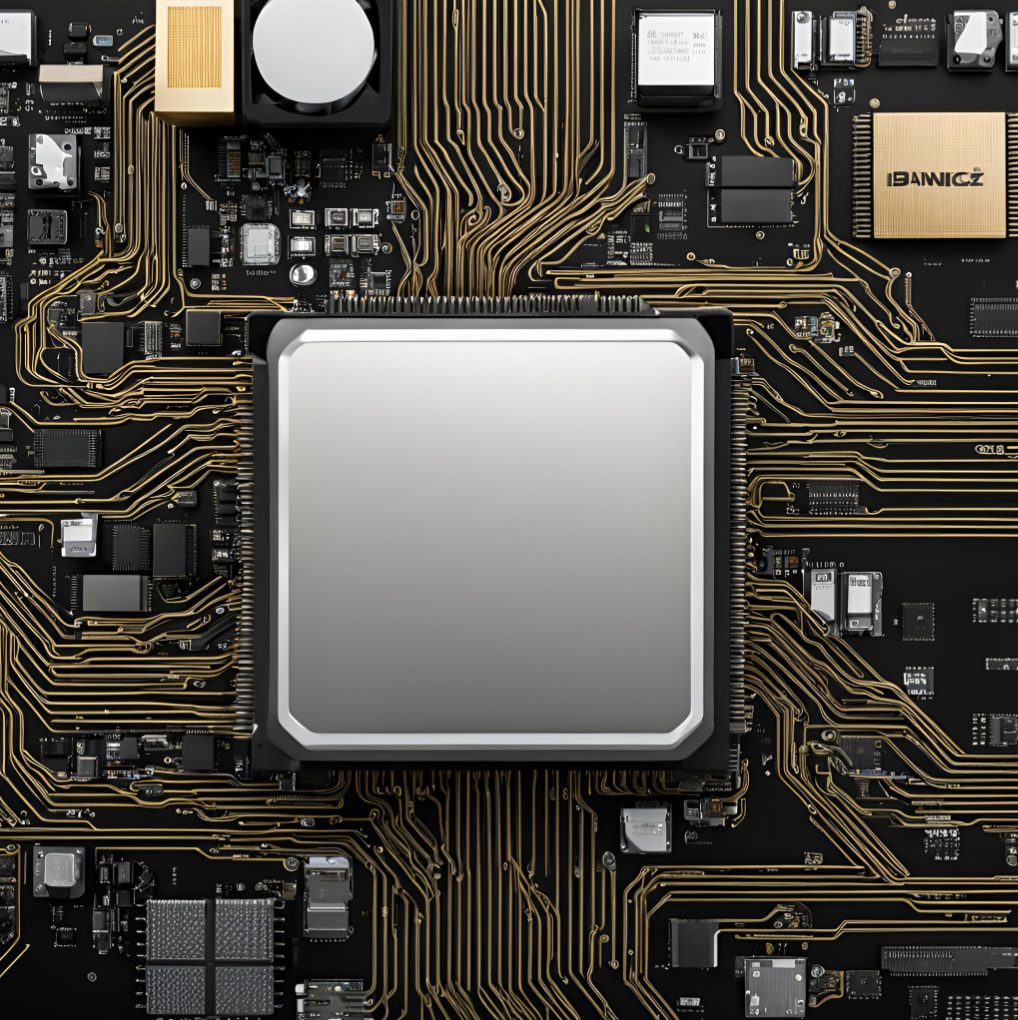The era of Qualcomm’s exclusive reign as the sole provider of chips for Microsoft’s Copilot+ AI-powered PCs is drawing to a close. Intel and AMD are gearing up to enter the market with their own advanced chips designed to power these new machines. This increased competition is a significant development for the entire PC industry, which is banking on AI to revitalize sales and attract users away from Apple’s Mac ecosystem.
Microsoft has announced that PCs equipped with Intel’s Core Ultra 200V and AMD’s Ryzen AI 300 processors will be capable of running Copilot+ PC applications starting in November. This marks a major milestone in the integration of AI into the PC landscape and demonstrates the growing momentum behind AI-powered computing.
Qualcomm, not to be outdone, has unveiled its new Snapdragon X Plus chip, specifically targeting lower-cost AI PCs priced between $700 and $900. This move aims to expand the reach of AI-powered devices and make them more accessible to a wider range of consumers.
Despite the promising developments, the industry still faces challenges in convincing potential buyers that the new AI features are compelling enough to justify an upgrade. The recent delay of Microsoft’s Recall feature, a key component of the Copilot+ PC experience, due to security and privacy concerns has added another layer of complexity to the equation.
Apple, meanwhile, is also making significant strides in the AI arena with its Apple Intelligence initiative. Designed to run across phones, laptops, and computers, Apple Intelligence aims to provide highly personalized assistance by leveraging user data. While Apple has the advantage of designing the entire system, from chips to software, its rollout is still in progress, with many of the promised features expected to arrive over the next year. As AI continues to evolve and become more deeply integrated into our daily lives, the race to develop the most powerful and efficient AI-powered devices is sure to heat up even further.



